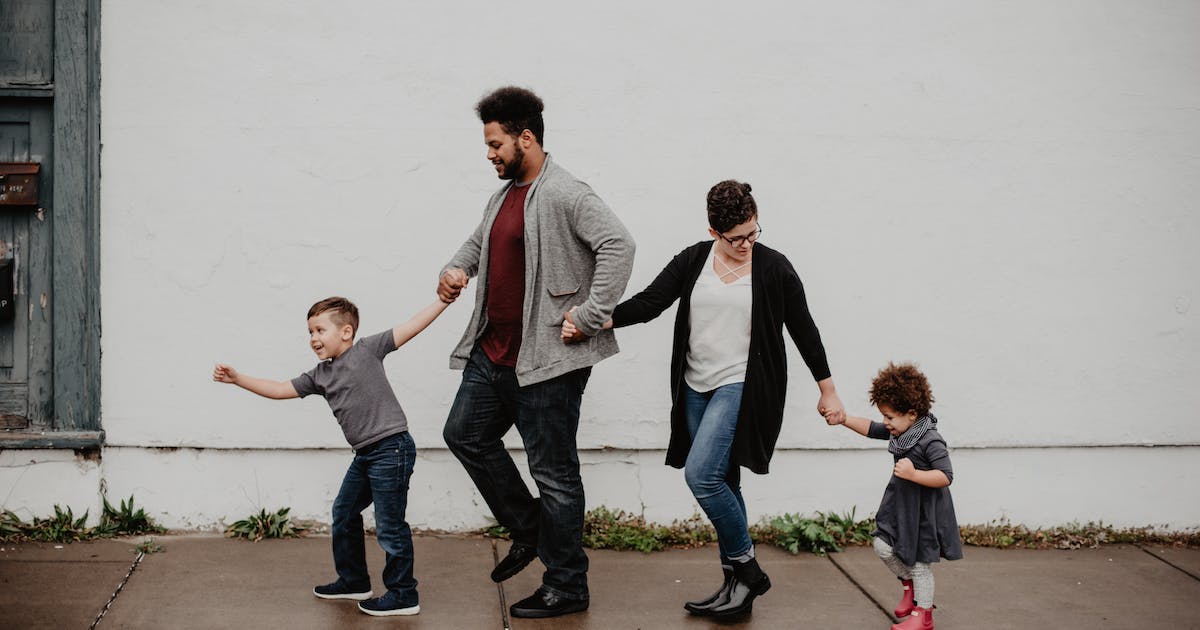Enabling is a common topic of concern that comes up in families with addiction. When we enable others, we allow them to continue behaving in ways that are not healthy for them. In the context of addiction, this means making excuses for your loved one’s behavior, giving them money and putting their needs before your own.
The problem with enabling is that you end up shielding your loved one from the natural consequences of addiction. It is these consequences that make people with addiction uncomfortable, prompting them to change. But, if they are provided with money and attention, they have no reason to want anything different.
Enabling isn’t just harmful to the person with the addiction. It’s also harmful to the enabler and other members in the household. When you enable your loved one, you are giving all of your time and attention to them. You aren’t putting your needs first, and you aren’t giving attention to others in the family who need you, causing them to take on unhealthy roles.
Let’s dig deeper into the topic of enabling and how it impacts the family unit.
Why is Enabling Common in Families with Addiction?
One of the many goals of family therapy is to help families understand the unhealthy roles that are forming and how to get better. Once the enabler sees how their ‘helping’ hurts, they can modify their behavior and prompt change in their loved one. But why are enabling behaviors so common in families with addiction in the first place?
Family members admit to enabling for various reasons. Oftentimes, it’s a parent who feels that they are protecting their child. This is understandable. However, by keeping your child comfortable, you are allowing the addiction to continue. This puts your child in more danger, not less.
It’s also common for family members to be in a codependent relationship. They get comfort from providing comfort, and the person with the addiction gets to continue their lifestyle without any responsibility. Both people are receiving an unhealthy benefit from the relationship.
We also find that some family members feel responsible for their loved one’s addiction. They may have guilt or shame around certain things that happened in the past, and they believe the addiction is the result of this. Over time, the enabler comes to believe that without their help, their loved one would be in jail or deceased. They have a purpose to keep their loved one alive and comfortable.
H2: Family Roles in Addiction
When one person in the family assumes the role of enabler, it causes other members to acquire unhealthy coping skills and family roles to help balance things out. The various family roles that members may take on include:
- Hero. The Hero is a perfectionist and tries to be perfect all of the time. They come up with solutions and are a leader in their families. However, they also tend to be controlling and can experience extreme stress due to the pressures they put on themselves.
- Scapegoat. The Scapegoat is the one who gets blamed for most of the issues in the family. In fact, they often believe that their purpose is to provide an outlet for the blame.
- Lost Child. The Lost Child is the one who stays away from the chaos. They almost fade into the background, but often go looking for validation in other relationships. A Lost Child seeks affirmation and wants nothing more than to be loved.
- Mascot. The Mascot tries to make things look normal on the outside. They often act like everything is okay, and they use humor to mask the pain of themselves and others.
- Caretaker. The Caretaker is the enabler, the person who tries to reduce harm through enabling behaviors like making excuses or doing things for their loved one.
Importance of Boundaries
You can’t make someone get sober just because you want them to. You can encourage your loved one to seek treatment, but ultimately, change is up to them. This is where boundaries become extremely important. Boundaries protect you and tell others what is acceptable and not acceptable.
As you move away from enabling, you will need to set and enforce healthy boundaries. This might look like not giving your loved one money, not allowing them to live in your home or no longer inviting them to family functions until they get sober.
The purpose of setting boundaries is not to be mean or even practice tough love. Instead, you are holding the person accountable for their actions so that they can feel the consequences of their behaviors. You are also taking your life back. You are not responsible for the addiction.
Boundaries are also important for the family unit as a whole. You get to distance yourself from toxic behaviors and give family members a chance to heal and address their roles in the family system.
Begin Your Recovery Journey Today
Pura Vida is a drug and alcohol rehab in Santa Rosa, CA. In addition to our evidence-based and holistic therapies, we provide family support services to help families heal. Individuals who have supportive families tend to have more success in recovery, so we want to encourage this for our clients. To learn more about our services and how we can help you and your family heal from the cycle of addiction, contact our admissions team today.





